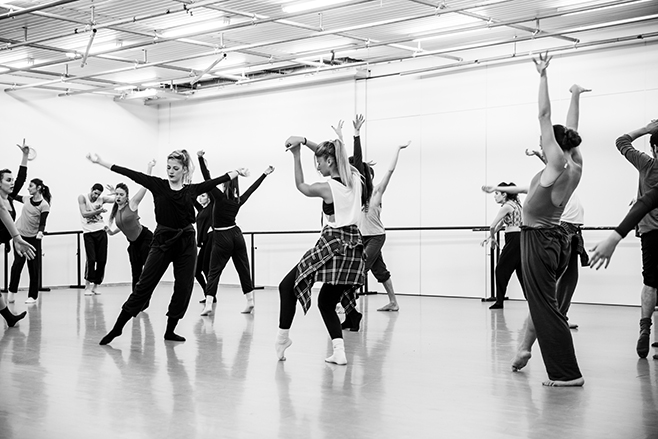The arts can and should play a lead role in creating stronger communities

A Culture White Paper is a once-in-a-lifetime phenomenon (for those of us under fifty) and this one is truly to be welcomed: the product of a Minister who’s truly engaged and passionate about his job. Much has changed in the last decades. Perhaps the biggest shift has been from art as something to be passively consumed to it being a medium for creating change. From arts organisations hosting hustings for the general election to the Happy Museum project focusing on the role of museums in wellbeing, the arts no longer stand at one remove from community. They are truly part of the fabric of our social and civic life.
The White Paper rightly recognises the economic potential of our creative sector but it could make more of its role as a force for social good. The paper places an emphasis on widening participation in the arts alongside increasing the opportunity for consumption, which we support, but we should not forget the huge potential for the arts to help all of us be more involved and engaged as participants not just audiences. The fault line between the professional arts and the extensive activity of amateurs, some of it of the highest quality, remains a blind spot for the Arts Council.
At the Calouste Gulbenkian Foundation, we see time and again the role, impact and value of socially engaged arts practice in the communities they serve. Projects we fund like The Agency, Streetwise Opera or work with older people demonstrate the huge social and cultural value added to people’s lives, and society as a whole, when civic activity and arts come together. Participating in the arts creates connections between individuals and across communities and borders. There is evidence of great work in the UK but much to inspire us from abroad.
No one would doubt the significance of the economic value of the arts and the income and influence they produce for the UK. That is obviously important but it is too narrow a measure of the worth of the arts. The social dimension is at least as important. We need to value the arts’ social and civic contribution to creating stronger communities and supporting people on the margins sometimes underserved by arts organisations themselves. We need to understand the qualities of the many good initiatives championed by our most progressive arts organisations and what works in addressing changing demographics, a more culturally diverse society and huge changes in the way that individuals engage in culture and will do so in years ahead. Trusts and foundations have an important role in supporting this work – acting as incubators and thought leaders – and the White Paper’s reference to philanthropy is but fleeting. This is why the Calouste Gulbenkian Foundation will be launching the Inquiry in to the Civic Role of Arts organisations at the end of April and doing so with partners and supporters in government and at the Arts Council.
The Inquiry will work with civic society and arts organisations to understand the myriad of ways on the ground that arts organisations are contributing to and enabling civic society. We want to understand how projects like Fun Palaces or Ministry of Stories work at a micro level and how arts organisations mentoring young people or hosting hustings change the society they work in. We want to find the best ways to share the knowledge and expertise across sectors into individual organisations and practice so we can unlock the potential for this to support all of our communities now and in the future.
This work has greater urgency with constraints in what local authorities can afford to invest in the arts and their role in localities. What will happen in the localities where deprived communities live? As David Cameron picked up in his speech on Life Chances in January we need to understand and address the social dimension to deprivation. Arts and culture have a vital role to play in helping the most vulnerable and, with further changes forecast for future decades, we have to root arts organisations more firmly in civic society to make it happen. White Papers in the arts may be rare beasts but an arts sector that is engaged in communities and delivers great experiences and social transformation should be common place in years to come.
Read The Culture White Paper in full.
